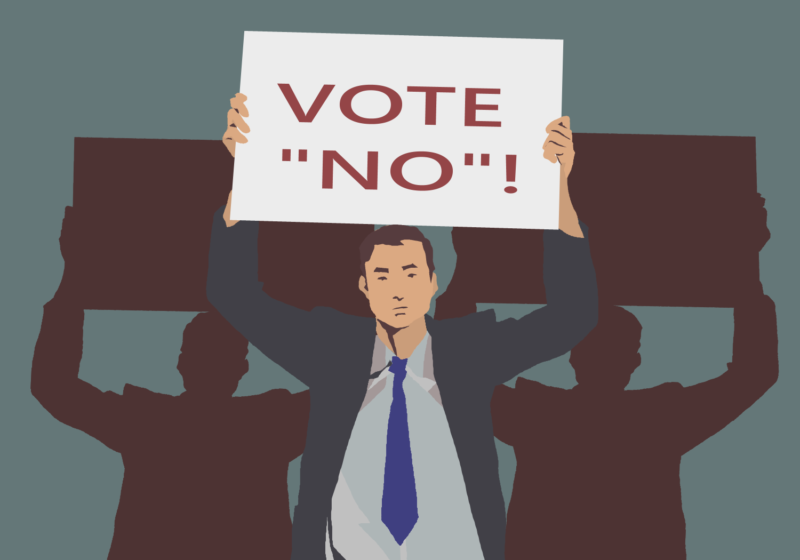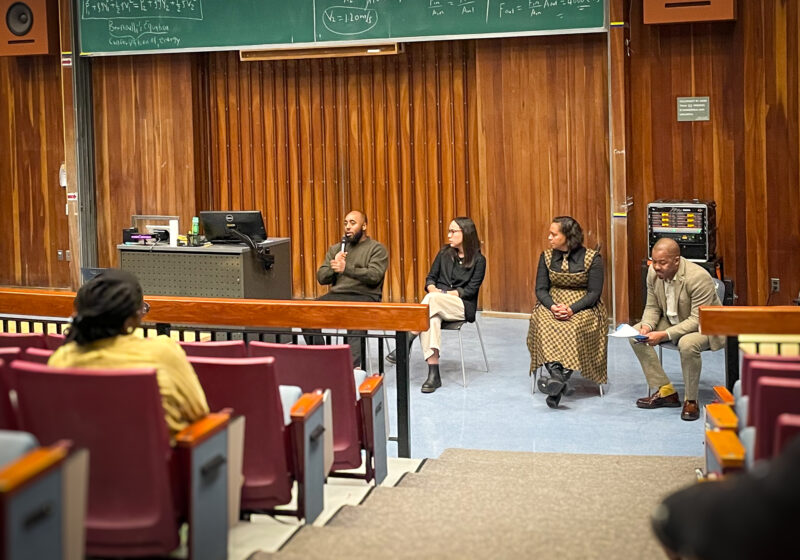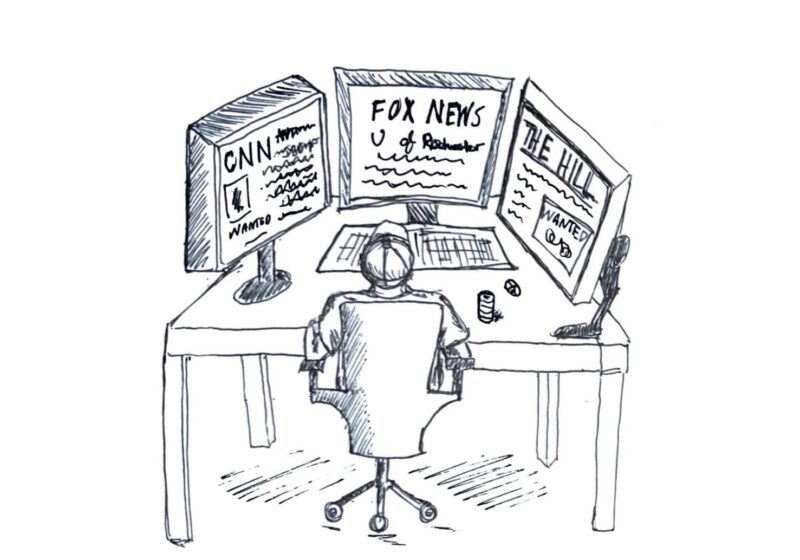If you haven’t already heard about the Election Integrity Act of 2021, Georgia recently enacted new voting laws problematic enough to make President Biden call them “Jim Crow in the 21st century.” This is coming from a guy who lived through the tail end of the original Jim Crow era, so I think I’ll take his word for it.
Multiple lawsuits claim that parts of the Act are “discriminatory and unconstitutional.” Dozens of corporations based in Georgia, including Coca-Cola, Delta Air Lines, UPS, Home Depot, and the Atlanta Falcons have all issued statements and criticisms of some kind, citing concerns about “equitable voting access.” Major League Baseball (MLB) has even decided to move its All-Star Game out of Atlanta in response to the law.
None of these companies are overreacting. To get an idea of just how seriously this new law threatens Georgian democracy, here’s a sampling of its worst parts:
- Despite no evidence of increased voter fraud with mail-in ballots during the 2020 election, there are now stricter voter ID laws for mail-in ballots, making this voting method unnecessarily more difficult.
- Mobile polling stations, like the two previously used in Fulton County, are banned except in cases of emergency. Fulton County also happens to be the Georgian county with the most Black residents by population and where 72.6% of residents voted for Biden in 2020. Coincidence? I think not.
- The law prohibits “anyone except poll workers from handing out water to voters in line, and outlaw[s] passing out food and water to voters within 150 feet of the building that serves as a poll, inside a polling place or within 25 feet of any voter standing in line.” Did giving people food and water cause voter fraud? As long as the food and water bottles aren’t labeled with endorsements of candidates or policies, there’s no good reason for this.
- Voters have less than half of the previous time to request a mail-in ballot and two fewer weeks to complete a mail in ballot application, and counties will mail out absentee ballots three weeks later than previous years. I can’t understand why this is necessary. There was zero evidence of voter fraud in the 2020 election. If Republicans in the Georgia legislature are upset that their Republican constituents thought there was and therefore didn’t bother voting, that’s their problem, not the entire state’s.
It’s great that corporations are speaking out against this law, but statements are clearly not enough to reverse its effects. Voting rights across the country are on the line. We need serious action — not just words — to prevent voting laws from getting any more restrictive and hopefully even overturn some of them.
Unfortunately, not every company has promised to help change things; most have only publicly criticized the bill, which is really just the bare minimum. The MLB is the only one that’s taken direct action of any kind.
Trump and some of his supporters have taken these statements quite seriously, calling for a boycott of the MLB, Coca-Cola, and other companies. Many conservatives like to say that companies should “stay out of politics” whenever a company voices support for anything other than the right’s agenda. That’s pretty ironic when you remember that those same companies often spend millions of dollars lobbying Congress to pass or block bills to maximize their profits. Coca-Cola alone has spent tens of millions of dollars attempting to block soda-tax bills in states across the country. It’s too late for corporations to “stay out of politics” — they’ve been in politics for decades, if not longer! Corporations have political clout, and it’s about time they used it for good.
While I don’t expect or want big corporations to be in charge of advocating for and protecting voting rights in America, it’s great to see them take a political stance on something that benefits more than their wallets. I just hope these companies’ next step is a little more substantial.





